Mozambique: Daniel Chapo receives Geny Catamo at presidential palace - Watch
Mozambique: Mediators won’t “bring light” if Govt and Renamo don’t give in – João Pereira
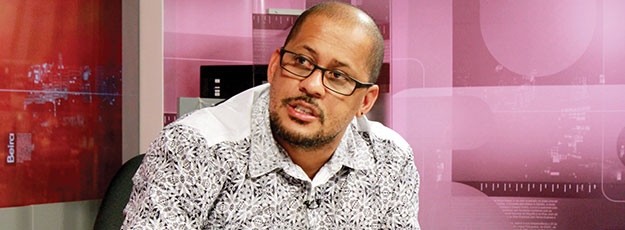
O País / João Pereira
“Why should more people die, simply so as to then come to the conclusion that one should give in here or there?”
This is the question that intrigues João Pereira. The professor says that the agenda items are public domain: the decentralization of power and de-politicisation are the main points.
Pereira poses other questions: If we are all Mozambicans, whence the fear of building a de-politicised military force and security system? If South Africa can do it, why can’t we? What prevents us, if we are all brothers?
For the academic, if Renamo and government will not compromise, mediators can hardly be expected to provide light at the end of the tunnel.
“This problem will be solved only when there is the political will,” he says. He indicates the underlying problem – the country’s political system – which, in his opinion, constantly generates this kind of conflict. Failing to address this, he says, is merely a truce, and the next elections will generate the same kind of problems all over again.
“This is a great opportunity to turn a crisis into an opportunity for the political process in the country in the next 20 or 30 years.”
Pereira criticises the government for talking positively when the reality on the ground is just the opposite. The academic sees this type of disinformation as only scaring off investors.
For example, the suspension of traffic on the central railway line by CFM and Vale has international implications.
“Practically, large power centres will warn potential investors that Mozambique is not a viable country for investment, and saying that Mozambique is a country of destination in which one can invest simply undermines the credibility of the government.”


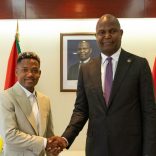

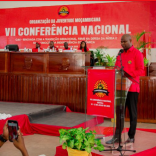

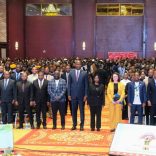
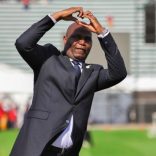




Leave a Reply
Be the First to Comment!
You must be logged in to post a comment.
You must be logged in to post a comment.